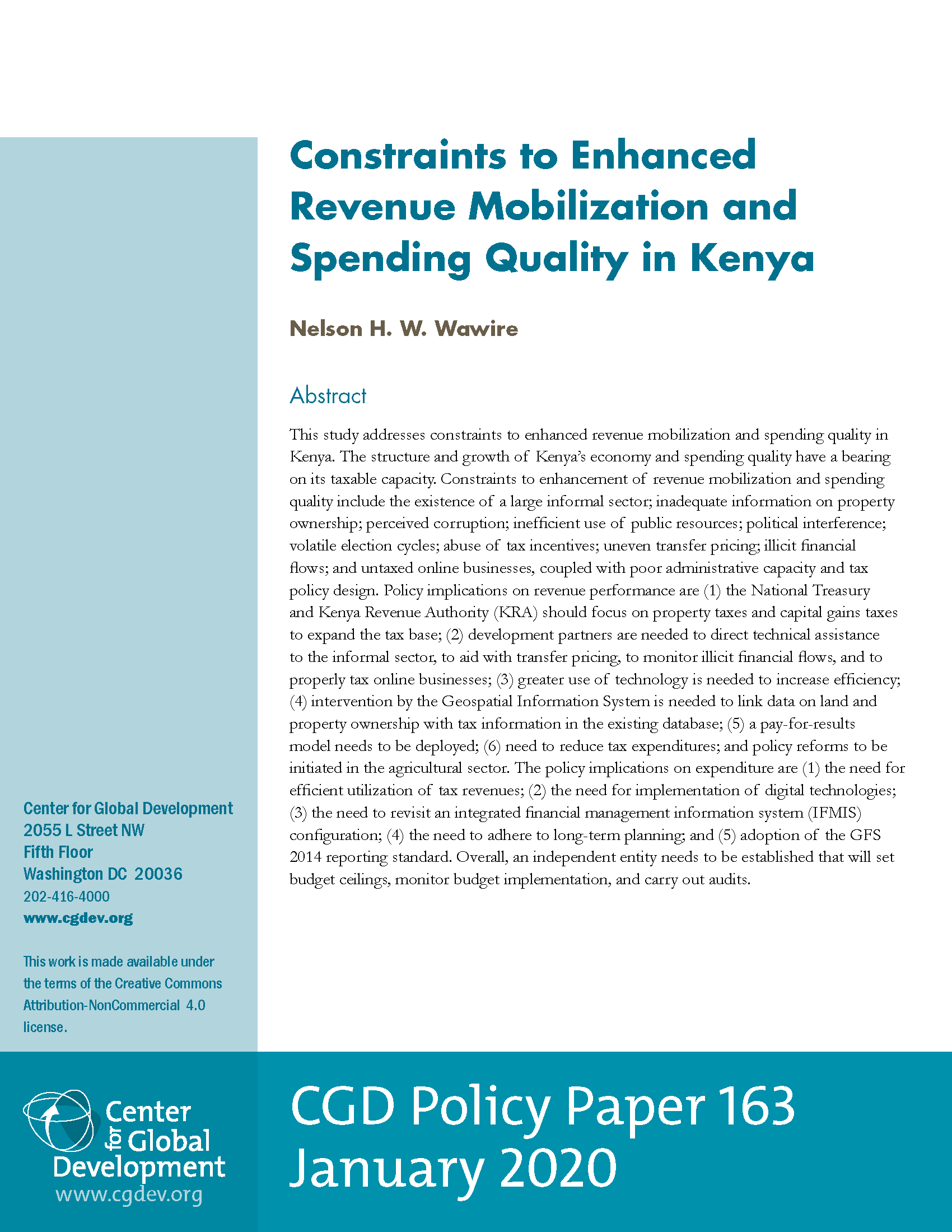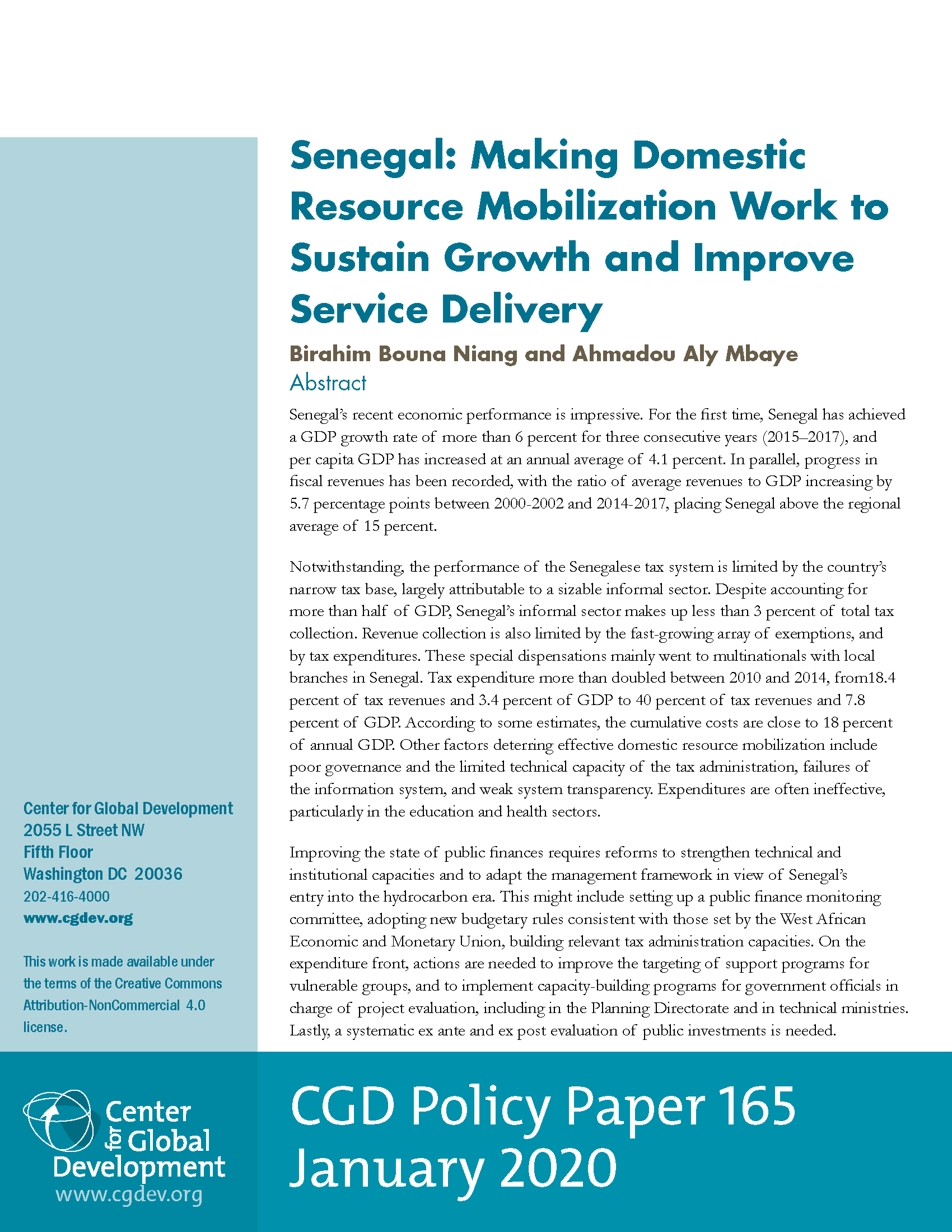Recommended
POLICY PAPERS
POLICY PAPERS

POLICY PAPERS
Despite remarkable success in terms of growth, poverty reduction, and improvements in other socio-economic indicators, Bangladesh suffers from chronic revenue shortfalls and an extremely low tax/GDP ratio. The overall size of the government is also quite small and inadequate to meet the growing demand for public services and infrastructure, primarily due to revenue-generating limitations by the country’s tax authorities. Tax rates are generally high but tax bases are narrow, pointing to poor tax efficiency and outdated tax administration. Going forward, the thrust must be on the VAT and direct tax systems along with fundamental reforms in tax administration in all three wings—VAT, customs, and direct taxes—along functional lines. Given the revenue constraint, greater efficiency with resources will be critical for getting better value for revenue spent. Development partners have long supported the government in the areas of revenue mobilization and in improving public financial management, and they remain committed to supporting reforms in these areas in future. However, a strong push from the political authorities will be a prerequisite for increasing the tax/GDP ratio, improving service delivery, and ensuring value for money in public sector projects and programs.
Rights & Permissions
You may use and disseminate CGD’s publications under these conditions.






